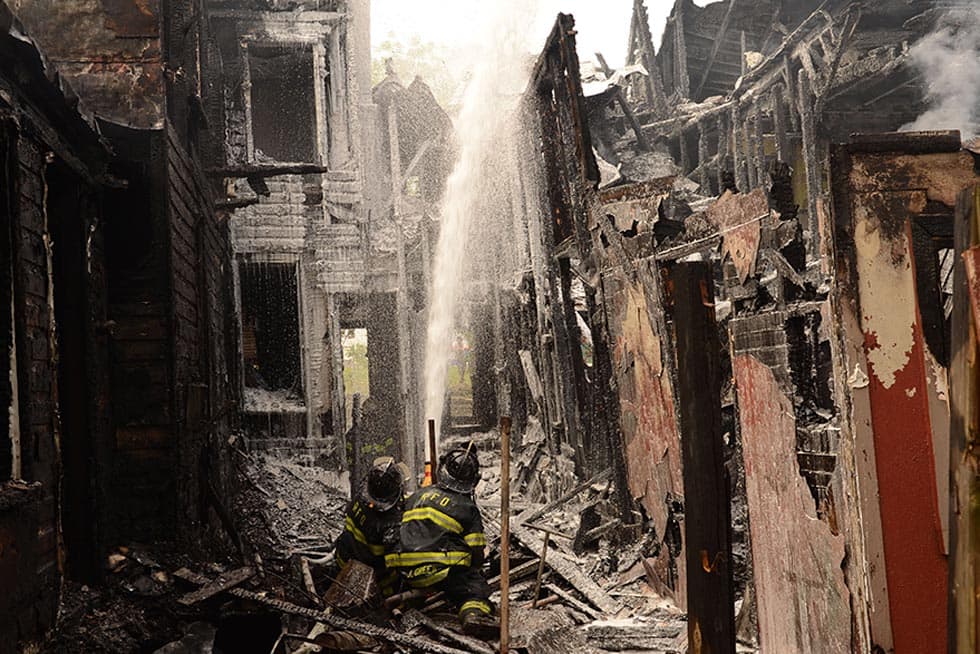Workers in certain fields are subject to injury and illness simply due to the occupation. Different industries face an array of perils, including concussions for professional football players, hearing loss for machinery workers, lung disease for mine workers, falls and broken bones for construction workers and post-traumatic stress for military personnel.
In firefighting and emergency services, the danger of exposure to fire and smoke may seem like the only occupational hazard. But fire fighters and paramedics routinely experience potentially traumatic events that can also leave a lasting mark. Stressful calls that involve pediatric CPR, responses to a suicide, fatalities, injury to self, or death of a co-worker can all cause significant emotional distress. Reactions like disturbing memories, increased anxiety and difficulty sleeping may be due to a single traumatic event or the cumulative impact of a series of events over the course of a career.
When a person is overwhelmed by stressors, psychological conditions, including anxiety, depression, substance use disorder and post-traumatic stress may develop. These are the unrecognized occupational hazards in the fire and emergency services. Left untreated, these conditions can have devastating consequences: family dysfunction, job loss, violence and increased risk of suicide, to name a few.

While the general public experiences similar behavioral health problems, fire fighters and paramedics are affected at a markedly higher rate. Approximately 20 percent of fire fighters have PTSD — similar to numbers found in service members returning from combat. In a 2015 Florida State University study, nearly half (47 percent) of the fire fighters surveyed had thought about suicide, 19 percent had suicide plans and 15.5 percent had attempted suicide.
Potentially traumatic events can be hazardous to the mental health of fire fighters, even though those stressors are inherent to the job. Fire and emergency medical personnel need to seek treatment when their emotional distress persists or intensifies. The job is a source of pride and satisfaction — and yet it also can impact behavioral health.
It’s time to start talking about the reality of mental health disorders and encourage our brothers and sisters to get the help they need. Contact the IAFF Center of Excellence to get started.




